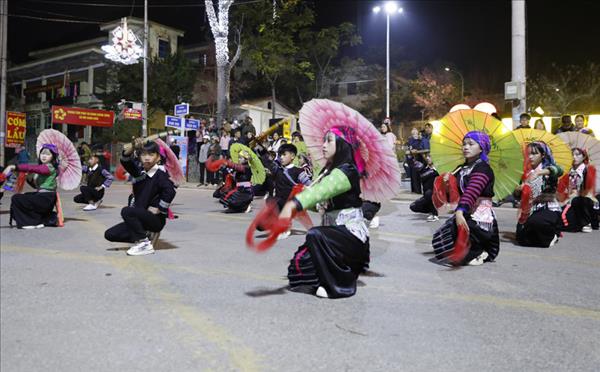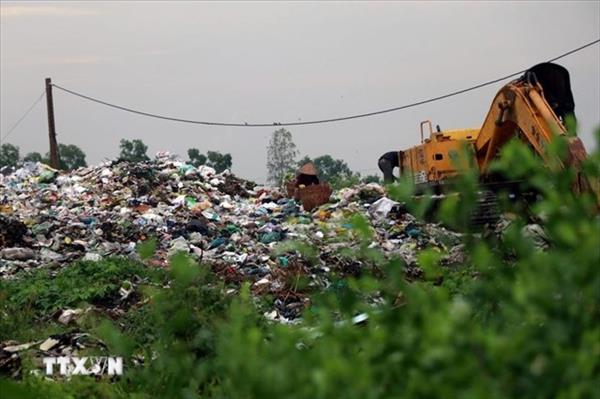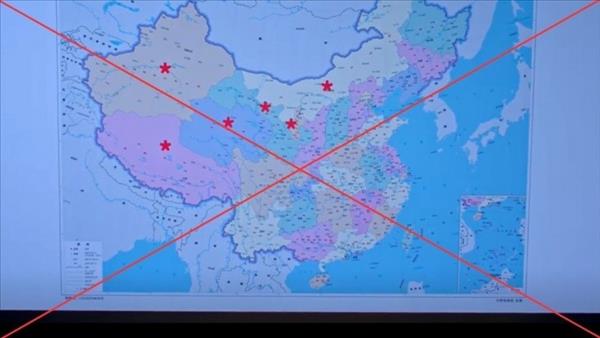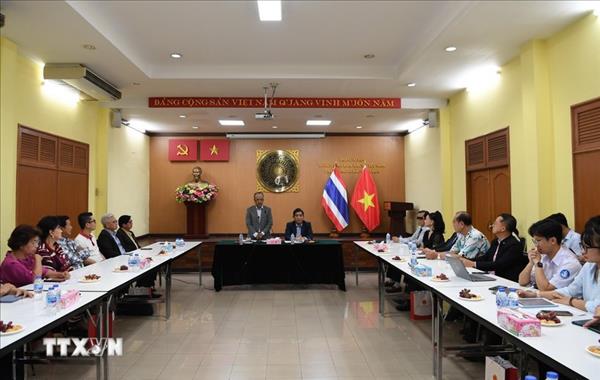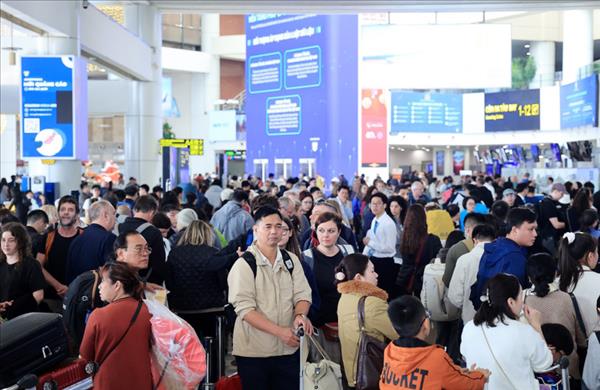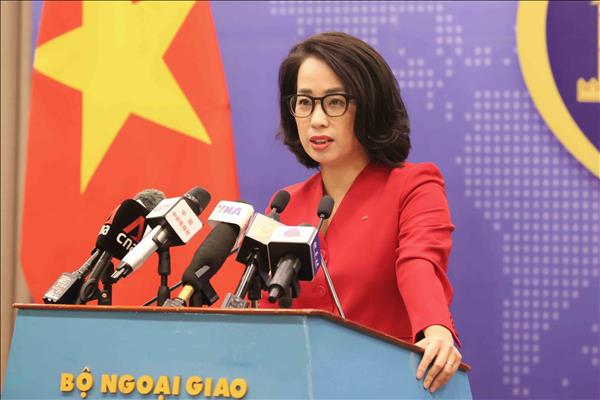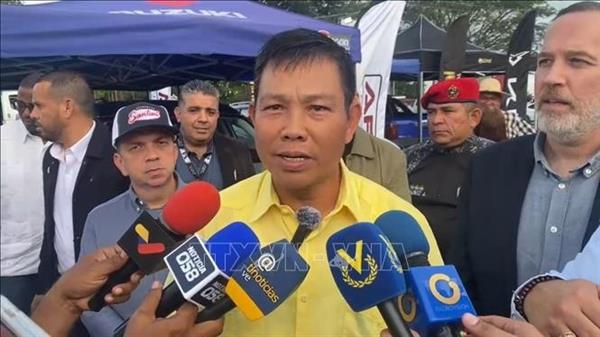Prime Minister Pham Minh Chinh, together with the delegation of National Assembly (NA) deputies of Can Tho city, met with voters in the the Mekong Delta city's Co Do district to inform them of the outcomes of the NA's eighth session and listen to their ideas and aspirations.
The PM reported that after 29.5 days of work, the eighth session successfully completed its agenda, which included 51 items across legislative, economic, and social matters.
During the session, the NA approved 18 laws and 21 resolutions, and gave initial ideas on 10 bills. The legislature passed the investment plans for socio-economic development, State budget estimate, central budget allocation, national target programmes and important projects, among other matters.
Particularly, the NA adopted resolutions on the establishment of the centrally-run city of Hue, the investment plan for the North-South high-speed railway project, with an estimated cost of 1.7 quadrillion VND (around 67.34 billion USD).
Additionally, the NA made significant personnel decisions, including the election of Luong Cuong as the State President for the 2021–2026 term.
At the meeting, voters expressed their satisfaction with the nation’s achievements under the leadership of the Party and the management of the Government.
However, they raised various issues, including policies to support the Mekong Delta’s 1-million-hectare low-emission, high-quality rice production plan, investment in flood prevention and water security projects for Can Tho, the attraction of businesses to the city’s industrial parks, and the development of vocational training programmes to shift the workforce from agriculture to industry and services, as well as policies to support ethnic minority groups.
In response, PM Chinh highlighted the country's socio-economic progress so far this year across all sectors, and briefed voters on efforts to streamline the political system's organisational apparatus.
He pointed to a great workload for 2025 and following years, with many goals that need to be completed to bring the country into a new era, an era of the nation's rise with strength and prosperity. One of these goals are strengthening the streamlining of the political system's organisational apparatus for higher efficiency, and a growth rate of about 8% in 2025, said the PM.
The Government leader stressed the need to focus on renovating traditional growth drivers and promoting new ones, while strengthening the development of strategic infrastructure, striving to complete the construction of 3,000km expressways in 2025 and more than 1,000km coastal roads, and eliminating temporary and dilapidated houses across the nation.
He praised Can Tho's important achievements, pledging that more investment will be given to the city to make it a centre of the southwestern region and the whole country.
At the meeting, PM Chinh answered questions by voters, committing to listening to all opinions and requests from voters for better performance.
On this occasion, the leader presented Christmas gifts to 20 households of war veterans, wounded veterans and outstanding Catholic families. He also presented 30 houses to poor and near-poor households in Co Do, O Mon, and Thot Not districts, including 10 households following the Hoa Hao Buddhist sect.
Earlier the same day, PM Chinh and his entourage paid tribute to revolutionaries and martyrs, and planted a tree at the Annam Communist Party Cell site at the Co Do plantation. Established in 1929, this historic site marked the beginning of revolutionary movements in the Mekong Delta, significantly influencing resistance efforts in southern Vietnam./.

